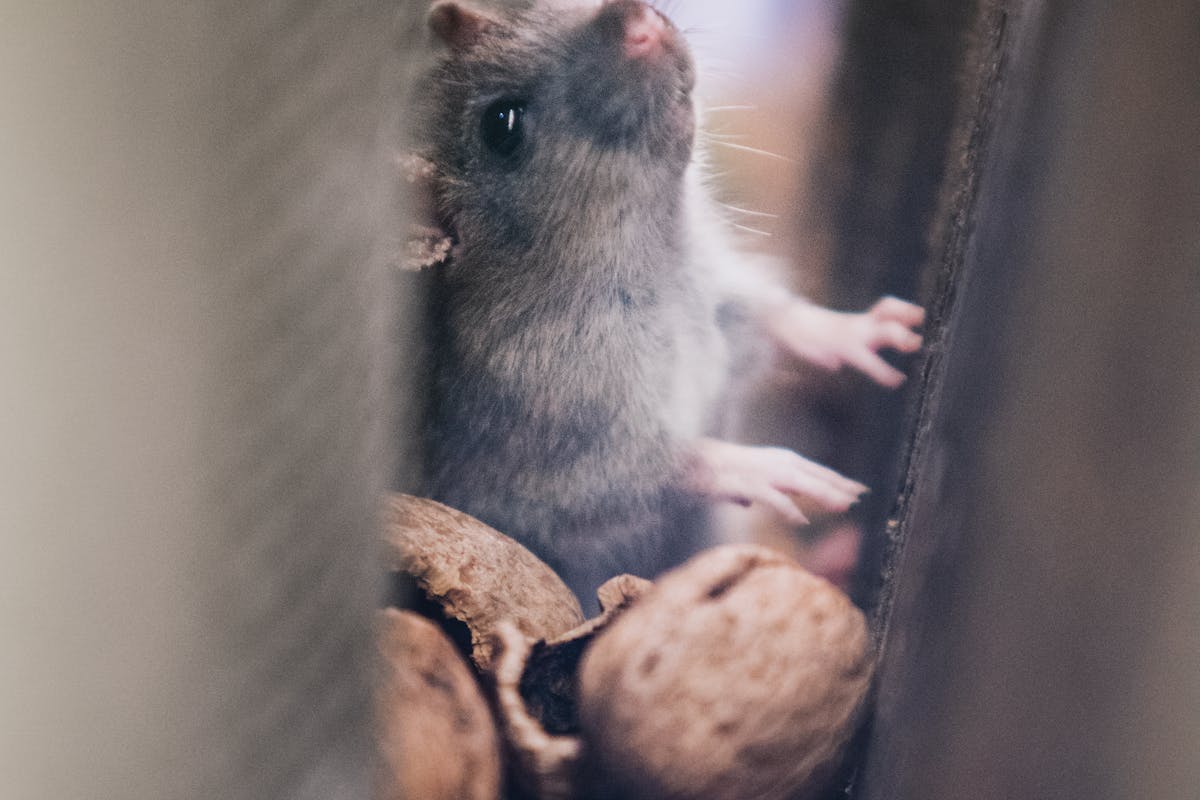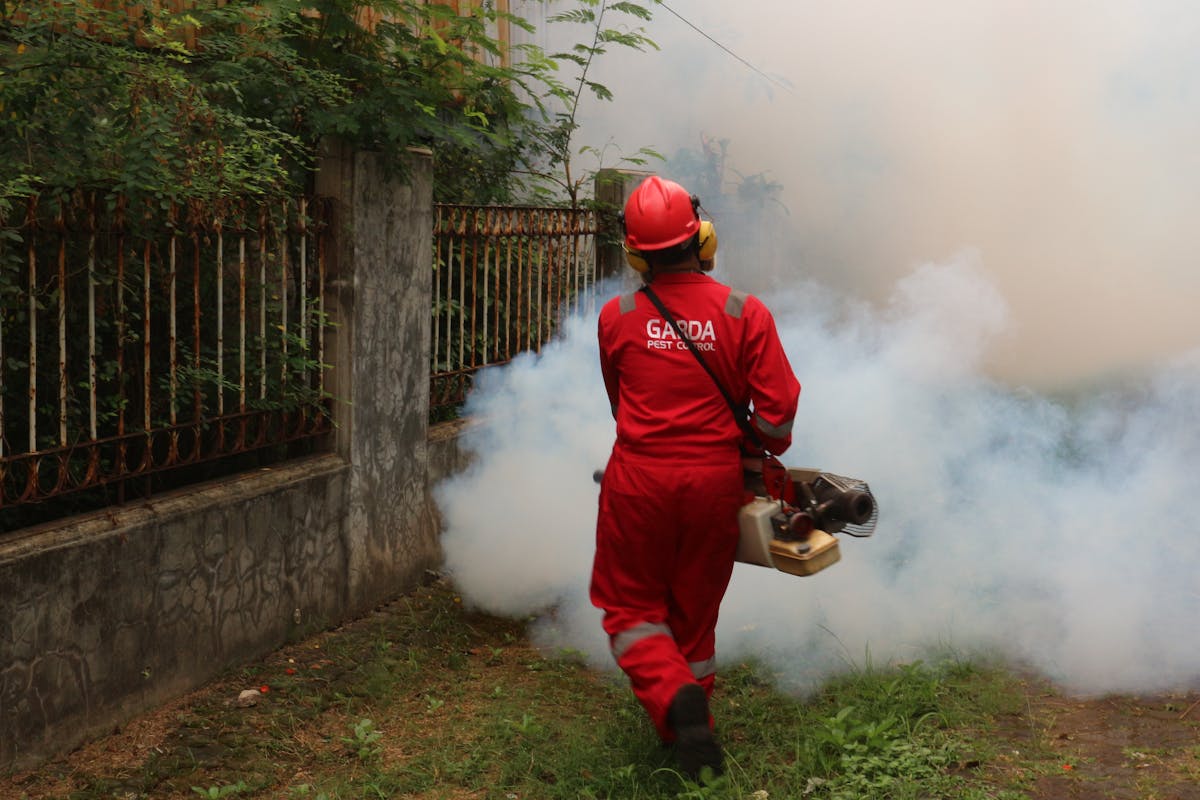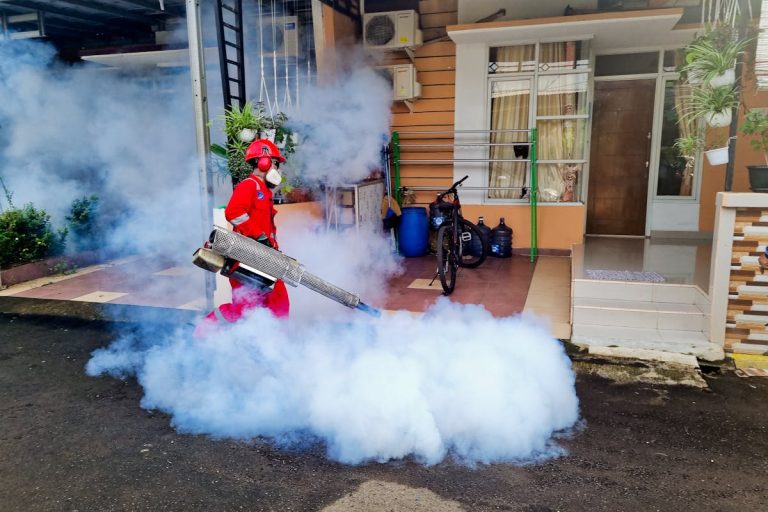- Effective pest control maintains a healthy home by preventing and addressing minor issues and seeking professional help for serious infestations.
- Regular inspections, sealed food storage, and cleanliness are key preventive measures against pest entry and infestation in your home.
- Moisture control and structural repairs, like sealing cracks, significantly prevent pests from finding entry points.
- DIY pest control methods can offer temporary relief but may be inadequate for large-scale or specific pest problems, such as termites.
- Combining preventive measures, timely DIY solutions, and professional pest control services ensures a comprehensive approach to maintaining a pest-free home environment.
Whether you live in an urban apartment or a countryside home, dealing with pests is an inevitable part of homeownership. From the silent creep of ants in your kitchen to the frightening scamper of rodents in your attic, pests can disrupt the peace and safety of your living space. This blog post will guide homeowners, DIY enthusiasts, and eco-friendly consumers through effective pest control techniques, ensuring your dwelling remains a sanctuary, not a haven for unwelcome guests.
Understanding Pest Behavior
Pests seek three main things when invading homes: food, water, and shelter. By comprehensively understanding the behavior of common household pests such as ants, rodents, and cockroaches, you can effectively implement tailored strategies to deter their advances.

Types of Pests Commonly Found in Homes
Numerous pests can infest homes, but the most common ones include:
- Ants: Often attracted to sweet substances, ants form colonies and can be quite persistent.
- Rodents: Rodents look for warm places to nest and may chew through wires, leading to potential fire hazards.
- Cockroaches: Thriving in warm, moist environments, cockroaches can contaminate food sources and spread disease.
Factors That Attract Pests to Your Home
Several conditions make homes more appealing to pests, including accessible food sources, standing water (from leaky pipes or damp basements), and easy entry points like cracks and crevices in the home’s foundation.
Preventive Measures for Pest Control
Securing the Home Environment
To make your home less inviting to pests:
- Seal cracks and openings along baseboards, behind sinks, and around windows and doors.
- Ensure proper drainage at the foundation to prevent moisture accumulation that attracts pests.
Regular Maintenance and Cleaning
A clean home is your first line of defense against pests:
- Store food in sealed containers.
- Dispose of garbage regularly.
- Vacuum and mop floors to eliminate potential food sources.
Natural Deterrents and Remedies
For those seeking eco-friendly solutions, numerous natural deterrents can effectively ward off pests:
- Citrus peels or essential oils (like peppermint) are good for ants.
- Diatomaceous earth for cockroaches and other insect pests.
- Ultrasonic pest repellents for rodents.
Professional Pest Control Solutions
While the measures listed above can significantly reduce the likelihood of pest problems, sometimes an infestation can become too overwhelming for DIY solutions. In such cases, professional pest control services become indispensable.
These experts possess the knowledge, products, and equipment to eliminate pests safely and efficiently. Professional pest control solutions can offer peace of mind and a pest-free living environment, whether you’re dealing with a stubborn ant colony, a hidden rodent nest, or a severe cockroach infestation.
When to Call a Professional Exterminator
While minor infestations can often be managed with preventive measures and DIY techniques, severe or persistent pest issues necessitate professional help. When large nests or colonies become visible on the property, significant damage is observed to the structure or wiring of the property, or there are health risks posed by droppings or the pests themselves, it’s time to call in the experts. A reputable exterminator can thoroughly inspect the property and recommend the most appropriate treatment options.
Choosing the Right Pest Control Service
When choosing a pest control provider, it is important to select one that is licensed and highly recommended based on good reviews. Ensure they employ environmentally safe practices and offer a clear, detailed plan for both treatment and prevention.
DIY Pest Control Techniques
DIY pest control techniques are a cost-effective and immediate solution for infestations. These methods are particularly useful for minor pest problems and can be implemented using everyday household items or over-the-counter products.
From creating your repellents to setting traps, DIY strategies can offer temporary relief and serve as a preventive measure. However, it’s important to recognize when these efforts are insufficient and professional help is needed. Below, we’ll explore some effective DIY techniques to help keep your home pest-free.
Safe and Effective DIY Methods
Effective DIY solutions for pest control include:
- Setting traps for rodents.
- Utilizing vinegar or baking soda solutions to deter ants.
- Applying boric acid in areas commonly frequented by cockroaches.
These methods are safe and easy to implement but may require frequent monitoring and reapplication.

Prevention is Key
Prevention is the best way to avoid a pest infestation. Regularly inspecting your home for potential entry points, keeping food tightly sealed, and maintaining cleanliness can deter pests from entering. Additionally, addressing any moisture issues and repairing any visible cracks or holes in your walls can prevent pest problems before they even begin.
Limitations of DIY Pest Control
DIY methods may not suffice for extensive infestations or certain types of pests, like termites, that require specific expertise and equipment to eradicate. These situations may require the assistance of a professional pest control company to eliminate the problem fully. Some DIY methods may only provide temporary relief and must be combined with other techniques for long-term efficacy.
Conclusion
Effective pest control is crucial to maintaining a healthy, safe home environment. While preventive measures and DIY solutions can address minor issues, don’t hesitate to seek professional services for more serious infestations. Balancing DIY approaches with expert interventions can help ensure your home remains a pest-free haven.
Implementing the strategies outlined in this guide will empower homeowners to take proactive steps toward deterring common household pests and preserving the integrity and comfort of their living spaces.

